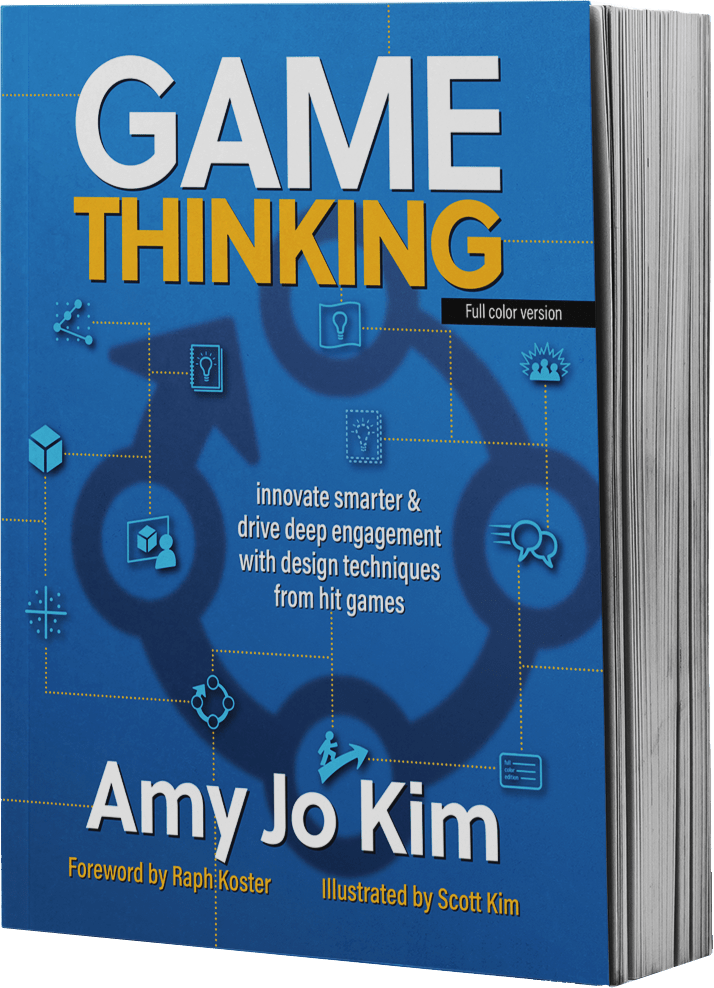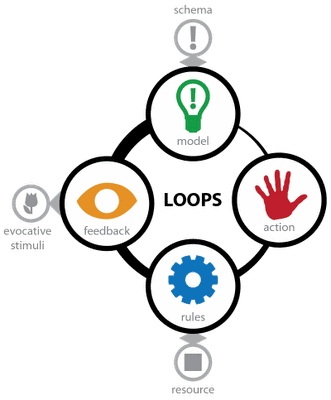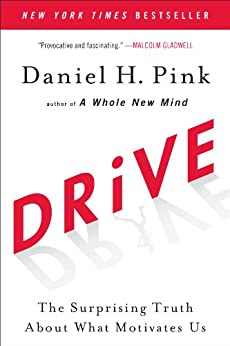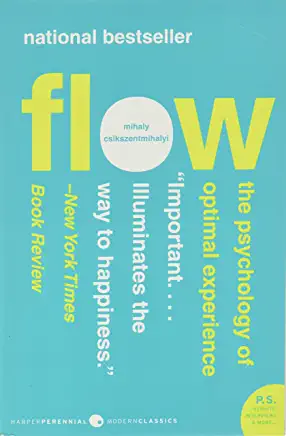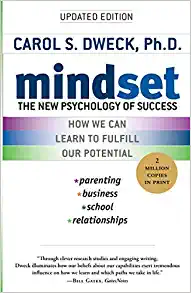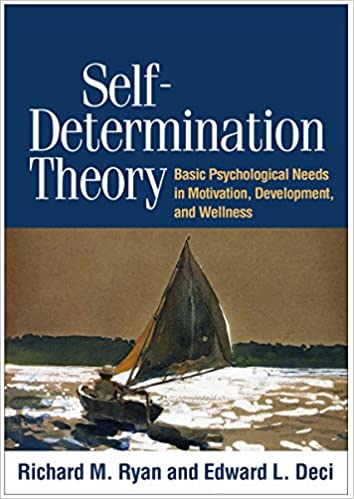Self Determination Theory Resources

Get the Game Thinking Book
Learn what makes games tick
Dan uses self-determination theory to help him design better games. His blog Lost Garden is a gold mine for game and product designers who want to understand the principles that make games so engaging. Here is Dan’s classic article about Loops & Arcs that explains the two building blocks of every customer journey: feedback loops, which repeat, and narrative arcs, which don’t.
Why extrinsic rewards backfire
When we want to motivate customers to do something, we often think giving them external rewards, like points, badges or currency. But beware. As Alfie Kohn argues in this landmark book, “the more we use artificial inducements to motivate people, the more they lose interest in what we’re bribing them to do. Rewards turn play into work, and work into drudgery.”
The surprising truth about what motivates us
Do employees want to paid well? Of course, but job satisfaction counts too — flexible hours, choice of where to live, control over what you work on. In other words the intrinsic rewards of autonomy. “Pink makes a convincing case that organizations ignore intrinsic motivation at their peril.”
-Scientific American
The psychology of rewarding experiences
Ever been so involved in what you are doing that time disappears? That’s flow, and it’s the north star for every game and experience designer. “Most enjoyable activities are not natural; they demand an effort that initially one is reluctant to make. But once the interaction starts to provide feedback to the person’s skills, it usually begins to be intrinsically rewarding.”
The key to personal transformation
Everyone approaches learning with either a fixed mindset or a growth mindset. In a fixed mindset, your talents and abilities are a matter of fate, and cannot be changed. If you adopt a growth mindset, however, you see yourself as fluid, a work in progress. This powerful idea unlocks the path to personal transformation.

